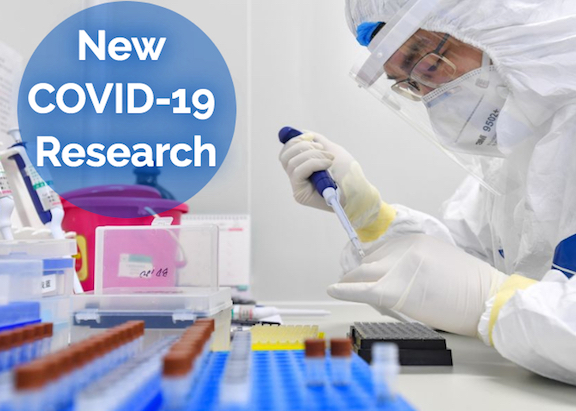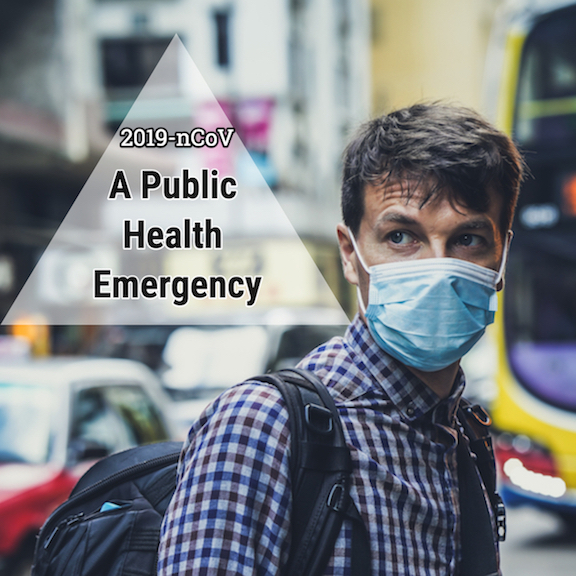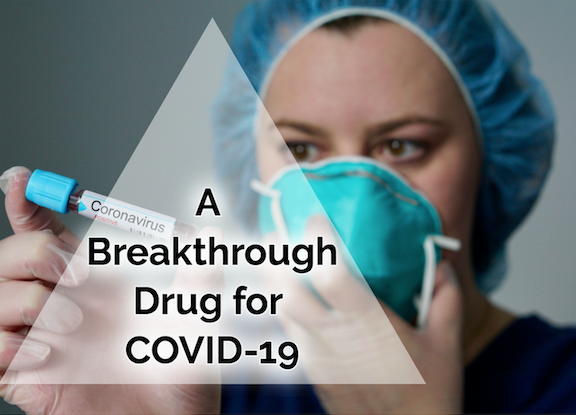Here we are, 7 months into this global pandemic, and we are still, day to day, learning new information or possible theories about the COVID-19 virus. Groups like the Centers for Disease Control and Prevention and the World Health Organization are still holding true that COVID-19 is mostly spread through droplets in the air. These droplets, from someone coughing or sneezing, stay in the air and travel from 3-6ft and then fall. However, many scientists are pleading with these groups to look at the overwhelming evidence pointing to COVID-19 being transferred airborne. The droplets that are airborne are much smaller, and can stay in the air for potentially hours. There is also new research on the first testing of the new vaccine on older adults, as well as new findings on the virus itself on a cellular level. Here, we will highlight the most recent relevant research on the COVID-19 virus, and how we can possibly navigate through this time as healthcare professionals.
Safety and Immunogenicity of SARS-CoV-2 mRNA-1273 Vaccine in Older Adults – 09/29/20:
- The purpose of this US study was to test an experimental messenger RNA vaccine co-developed by researchers at Moderna, Inc. (one of the leading companies involved in the COVID-19 vaccine development since March) and NIAID. Phase 1 began in mid-march of this year, and enrolled older adults about a month later for the trial.
- The study involved participants who received 2 rounds of the vaccine. It included 40 healthy older adults, which included 20 adults ages 56 to 70 years, and 20 adults ages 71 and older. Half of the participants in each group received the lower dose of 25 μg, and the other half of the participants received the higher dose of 100 μg. The second dose of the vaccine was administered about a month later at the same dosage. In between participants were having visits to track safety and their responses to the vaccine.
- It was found by researchers that the vaccine was well-tolerated, and any adverse effects were mild to moderate at most. These transient mild side effects include many of the same ones that are experienced by many with vaccines already on the market including fatigue, headache, pain at the injection site, chills, and myalgia. These mild side effects were more common after the second immunization, and dose-dependent.
- Overall, the mRNA-1273 vaccine was well tolerated, and the 100 μg dose yielded higher “binding and neutralizing-antibody titers than the 25 μg dose.” This points in the direction of utilizing the 100 μg dose in phase 3 trials.
- This study, performed in July 2020 in Wuhan, China, the epicenter of where the virus supposedly started. This was the first randomized controlled trial to test the safety of a non-replicating adenovirus type-5 vectored COVID-19 vaccine in an effort to determine the appropriate dose.
- Those who were eligible to participate in the study needed to be 18 years or older, HIV-negative, and previous SARS-CoV-2 infection free. Participants either received a dose of 1 x 1011 viral particles per mL, 5 x 1010 viral particles per mL, or placebo.
- There were 508 eligible participants with 253 of them receiving the 1 x 1011 viral particles, 129 of them receiving the 5 x 1010 viral particles, and 126 receiving placebo. Both viral particle dose groups produced “significant neutralizing antibody responses to live SARS-CoV-2.” Mild to moderate adverse reactions were reported by 183 of the 253 in the 1 x 1011 viral dose group, and 96 of the 129 in the 5 x 1010 viral dose group. More severe adverse reactions were reported by 24 participants of the 1 x 1011 viral dose group, and only one participant in the 5 x 1010 viral dose group. No serious adverse reactions were reported.
- The study concluded that the Ad5-vectored COVID-19 vaccine was safest at the 5 x 1010 viral particle dose, and “induced immune responses in the majority of recipients after a single immunization.” You can find updates and more information on this study here.
- This study performed in China at Wuhan Institute of Biological Products affiliated to the Wuhan Institute of Virology had a goal of finding what the safety and immunogenicity of an inactivated COVID-19 vaccine would be. They analyzed 2 randomized placebo-controlled trials, one including 96 healthy adults in a phase 1 trial, and the other including 224 health adults in a phase 2 trial.
- The study with 96 healthy adult participants were randomized to aluminum hydroxide (alum) with low, medium, and high vaccine doses. These were given on days 0, 28, and 56. “Geometric mean titers of neutralizing antibodies at day 14 after the third injection were 316, 206, and 297 in the low, medium, and high dose groups, respectively.”
- The study with 224 healthy adult participants were randomized to the medium dose of aluminum hydroxide receiving injections on days 0 and 14, and participants receiving the dose on days 0 and 21. “Geometric mean titers of neutralizing antibodies in the vaccine groups at day 14 after the second injection were 121 vs 247, respectively.”
- The most common adverse reaction reported from participants was pain at the injection site followed by mild fever, and no serious adverse reactions were noted.
- The analysis concluded that there were low adverse reactions as well as demonstrating immunogenicity, however, phase 3 trials are essential.
Durability of Neutralizing Antibodies & T-cell Response post SARS-CoV-2 Infection – 09/16/20:
- This study performed in China included donors infected with COVID-19 since 2/21/20 with plasma at 2 weeks to 1 month, 1-2 months, and 6-7 months post infection were collected to test the antibody longevity. The ones collected between 6 and 7 months post-infection were utilized for a T-cell activation test.
- Researchers examined, using ELISA (enzyme-linked immunosorbent assay) along with the IgG antibodies in serum specimens from the above patients post-infection. These results were compared together with plasma collected at all three time frames. All samples were “positive for IgGs against the S- and N- proteins of SARS-CoV-2.” Of the samples collected at 6-7 months post infection, 14 of them showed notable neutralizing activities with no difference in blocking cell-entry of the 614D and 614G strains of COVID-19.
- Overall, results showed that “durable anti-SARS-CoV-2 immunity” was common amongst those who have already been infected with COVID-19 and recovered. Additionally, results showed that vaccines that are developed from 614D variant may offer protection from this predominant strain of COVID-19. You can find a synopsis of this study here.
While these are only a small handful of recent research studies out there about COVID-19, these give a great insight as to how far we have come, and potentially what is to come of protection against this virus. It is evident that we are still learning new information, new strains, and new possibilities for protection every single day not only in the United States, but in China and the world over as well. It seems as though countries are coming together, and working to study this virus to bring a close to the pandemic sweeping across the world. It is important as healthcare professionals to stay abreast of any new information on this virus not only to do our part as essential workers, but also to guide our patients in the right direction with accurate and helpful information. Above all, we want to keep each other, and our loved ones safe.
The Journal of the American Medical Association (JAMA). (August 13, 2020). Effect of an Inactivated Vaccine Against SARS-CoV-2 on Safety and Immunogenicity Outcomes.
The New England Journal of Medicine. (September 29, 2020). Safety and Immunogenicity of SARS-CoV-2 mRNA-1273 Vaccine in Older Adults.
National Institutes of Health. (2020). Safety and Immunogenicity Study of 2019-nCoV Vaccine (mRNA-1273) for Prophylaxis of SARS-CoV-2 Infection (COVID-19).
National Library of Medicine. (August 15, 2020). Immunogenicity and Safety of a Recombinant Adenovirus Type-5-vectored COVID-19 Vaccine in Healthy Adults Aged 18 Years or Older.
Tan, Y., Liu, F., Xu, X. et al. (October 5, 2020). Durability of Neutralizing Antibodies and T-cell response post SARS-CoV-2 infection.

Have more knowledge or an acupuncture/TCM specialty you want to call attention to and share?
Become our next Acupuncturist of the Month!
Share your knowledge, highlight your work, and lift up the acupuncture profession for you and other professionals!
Email us at acucontinuingeducation@gmail.com or click here today to learn more.


